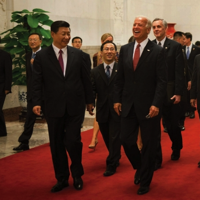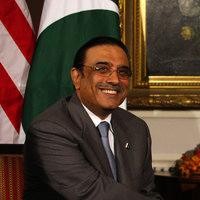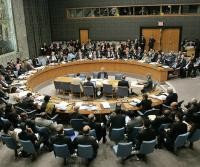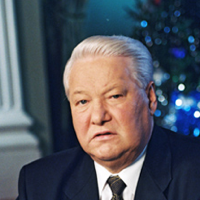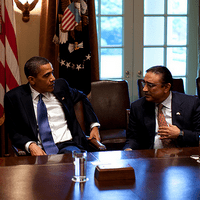
Ian Bremmer, the founder and head of Eurasia Group (for which I work as an analyst), has argued that we are living in a “G-Zero” world, or one in which there is no genuine great-power leadership. From the perspective of political science, it is hard to disagree, as anyone reading a newspaper these days can attest. Still, the historian in me says this situation cannot last for too long. My reasoning here has nothing to do with the global correlation of military force, since thanks to globalization’s emerging middle class, “butter” will inevitably emerge as the winner over “guns.” Instead, […]

